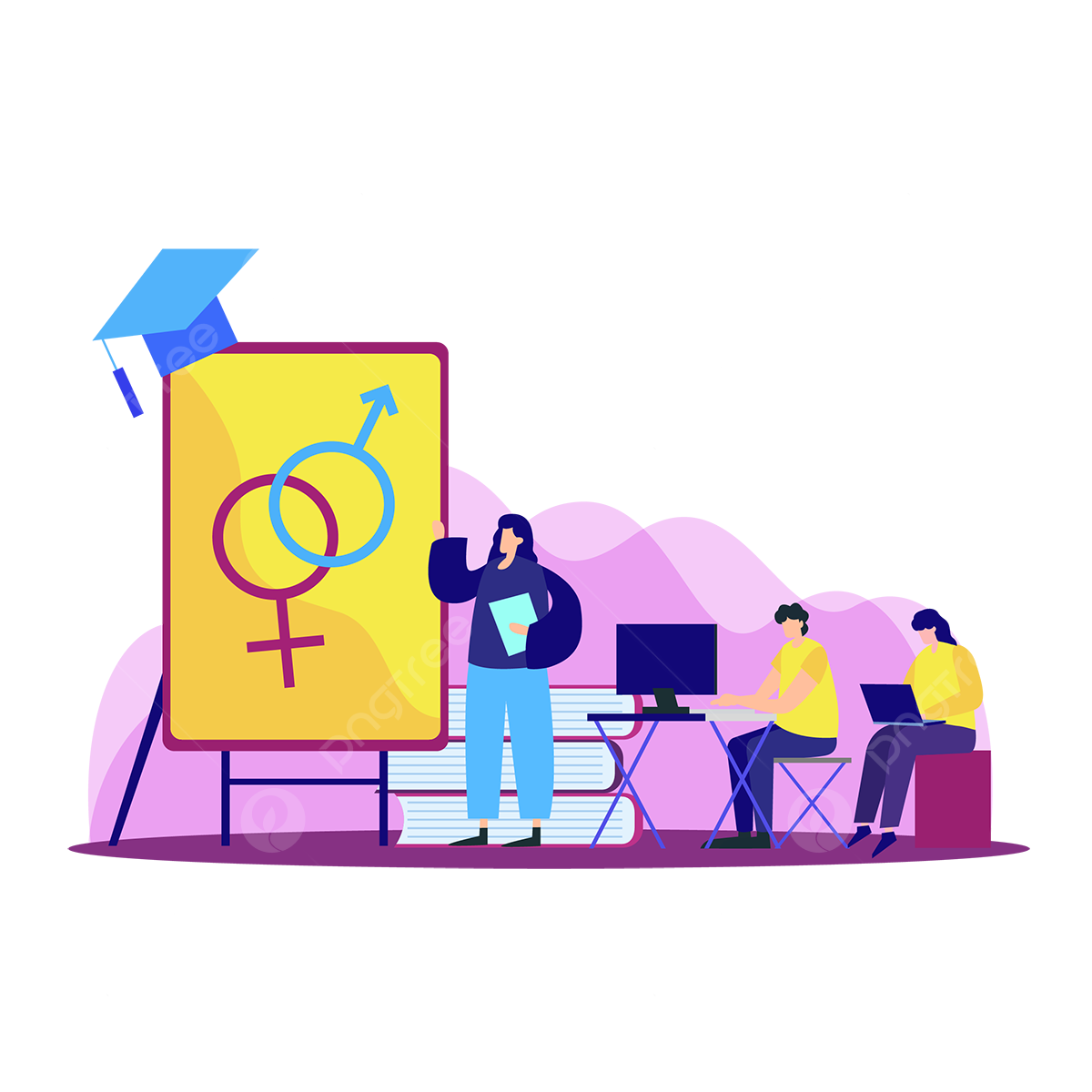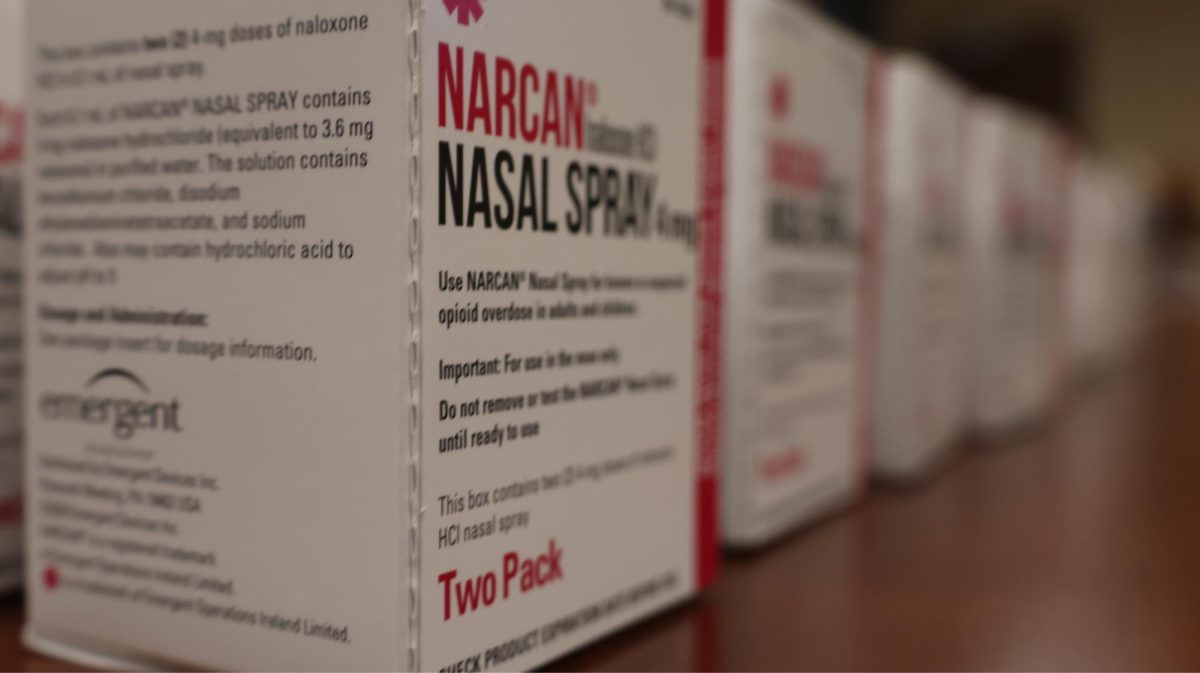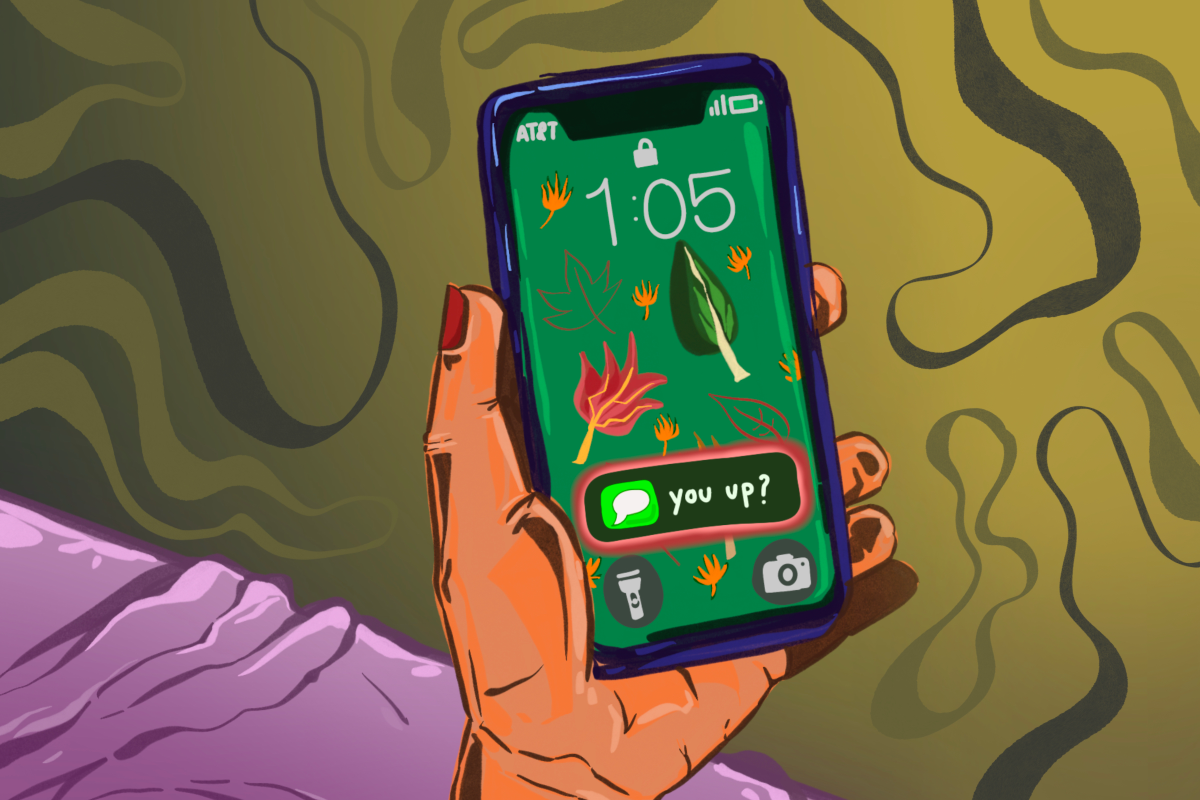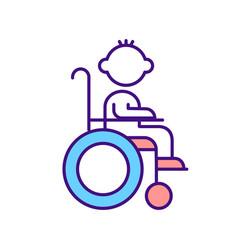When expecting a child, most parents have standards for their children, what school they will attend, a specific religion they will follow, what morals and beliefs to carry with them and so much more.
However not everything can go to plan when having children, there are endless possibilities that can occur during pregnancy and birth. And that is when the excited expecting parents are told their child is disabled, a parent’s worst nightmare, right? What now?

There can be a wide variety of disabilities that a child can be diagnosed with some of them being:
- Anxiety – When a child does not outgrow the fears and worries that are typical in young children, or when there are so many fears and worries that interfere with school, home or play activities, the child may be diagnosed with an anxiety disorder.
- Attention-Deficit/Hyperactivity Disorder (ADHD) – People with ADHD may have trouble paying attention, controlling impulsive behaviors (may act without thinking about what the result will be), or being overly active. Although ADHD can’t be cured, it can be successfully managed and some symptoms may improve as the child ages.
- Autism Spectrum Disorders – Autism spectrum disorder (ASD) is a developmental disability that can cause significant social, communication, and behavioral challenges.
- Cerebral Palsy – Cerebral palsy (CP) is a group of disorders that affect a person’s ability to move and maintain balance and posture. CP is the most common motor disability in childhood. CDC estimates that an average of 1 in 345 children in the U.S. have CP.
- Conduct Disorder (CD) – Children sometimes argue, are aggressive, or act angry or defiant around adults. A behavior disorder may be diagnosed when these disruptive behaviors are uncommon for the child’s age at the time, persist over time, or are severe. Because disruptive behavior disorders involve acting out and showing unwanted behavior towards others they are sometimes called externalizing disorders.
- Depression – Occasionally being sad or feeling hopeless is a part of every child’s life. However, some children feel sad or uninterested in things that they used to enjoy or feel helpless or hopeless in situations they are able to change. When children feel persistent sadness and hopelessness, they may be diagnosed with depression.
- Developmental Disabilities – Developmental disabilities are a group of conditions due to an impairment in physical, learning, language, or behavior areas. These conditions begin during the developmental period, may impact day-to-day functioning, and usually last throughout a person’s lifetime.1
- Fetal Alcohol Spectrum Disorders – Fetal alcohol spectrum disorders (FASDs) are a group of conditions that can occur in a person who was exposed to alcohol before birth. FASDs are preventable if a baby is not exposed to alcohol before birth.
For parents, having a disabled child may increase stress, take a toll on mental and physical health, make it difficult to find appropriate and affordable child care, and affect decisions about work, education/training, having additional children, and relying on public support.
This is why it is so important that parents have access to the resources like insurance coverage for things like physical therapy, and medications, which can be very expensive, taking generic Adderall for example, can cost up to $200 a month, and Keppra, an Epilepsy medication costing on average $657.91 for 60 500 MG tablets that they need in order for their children to thrive and become the most successful versions of themselves.
Sources:


































